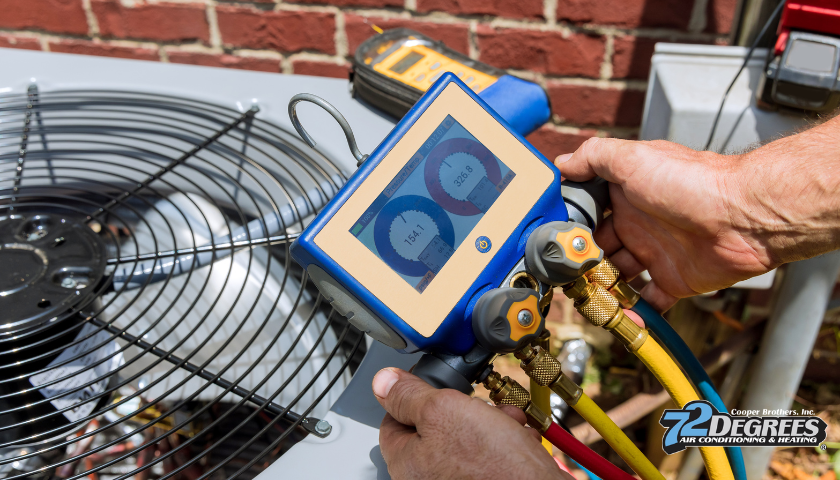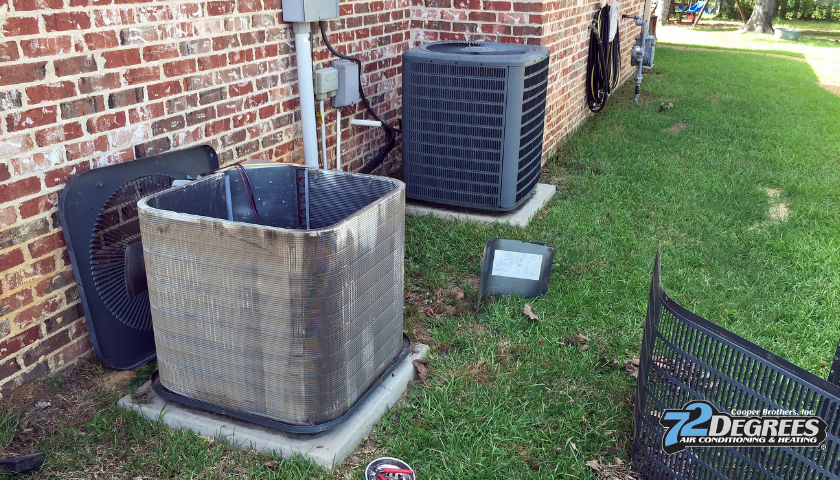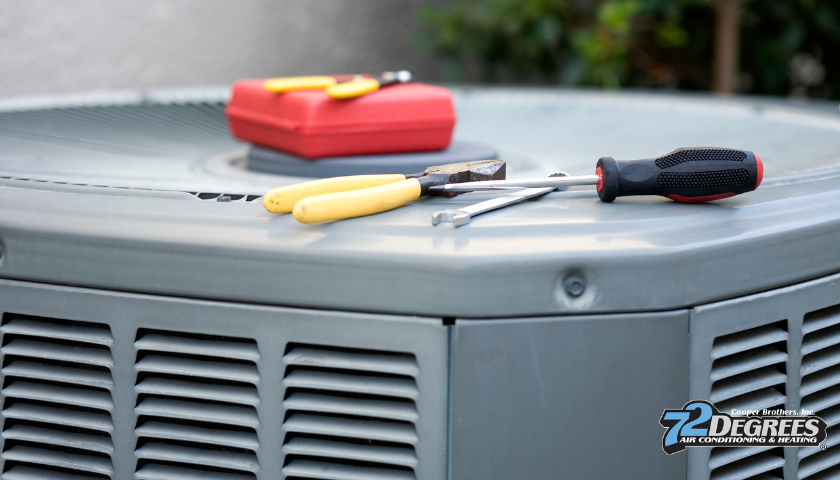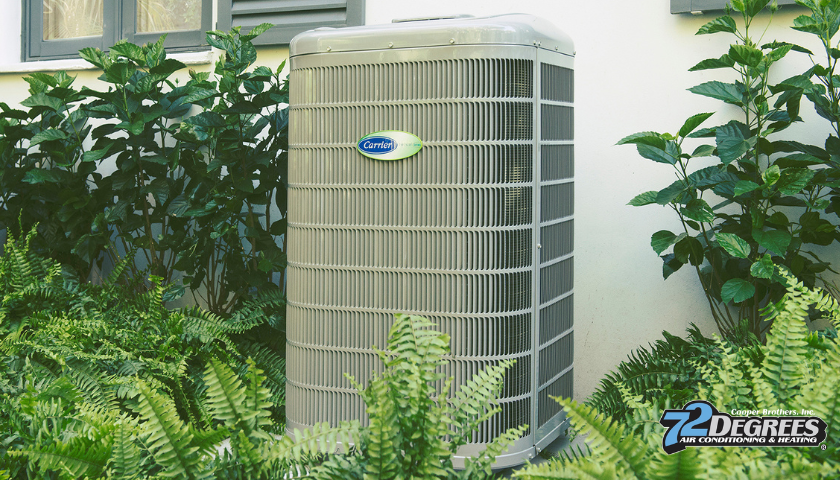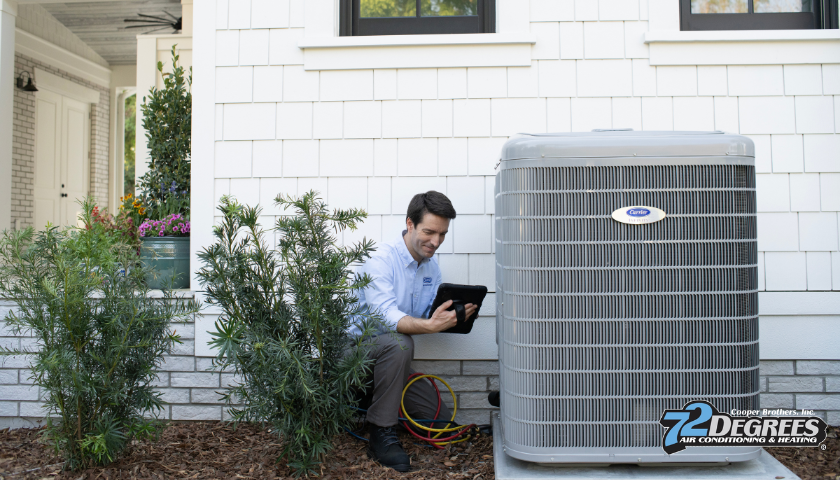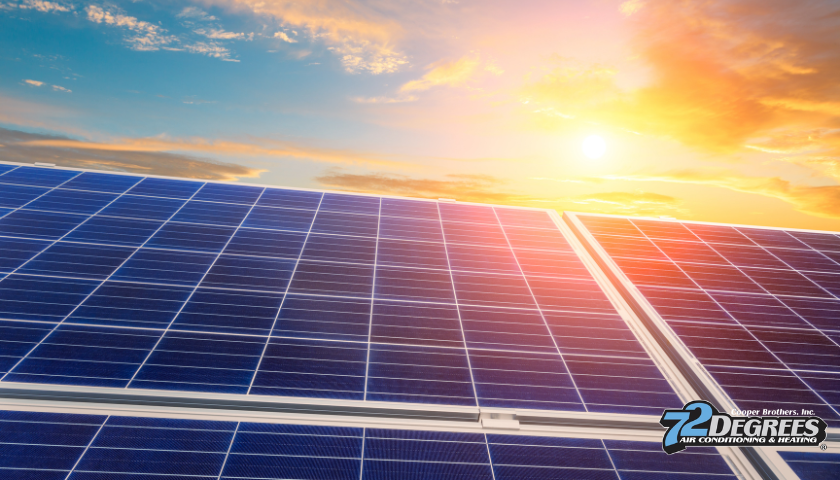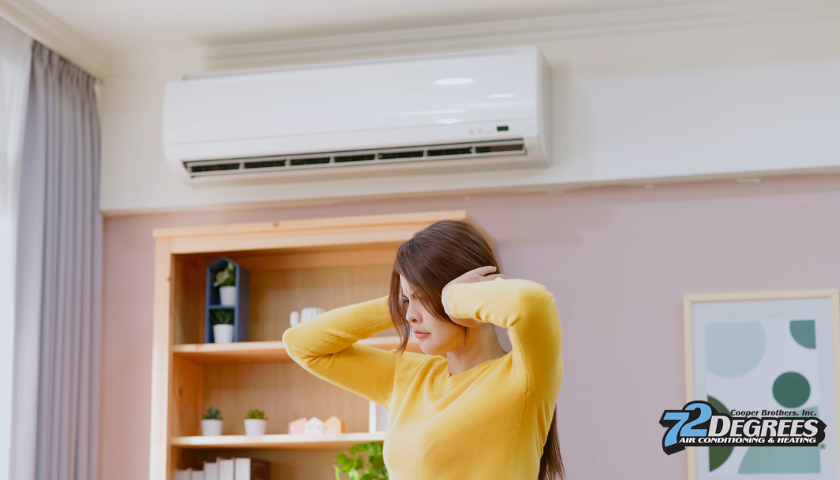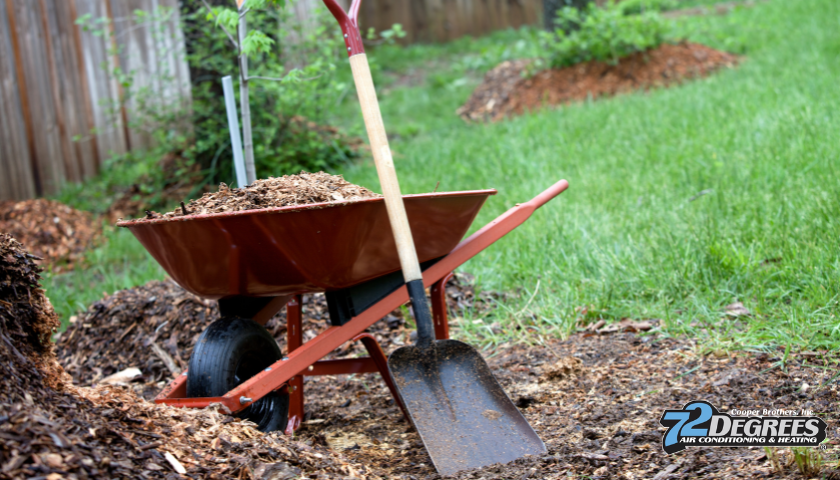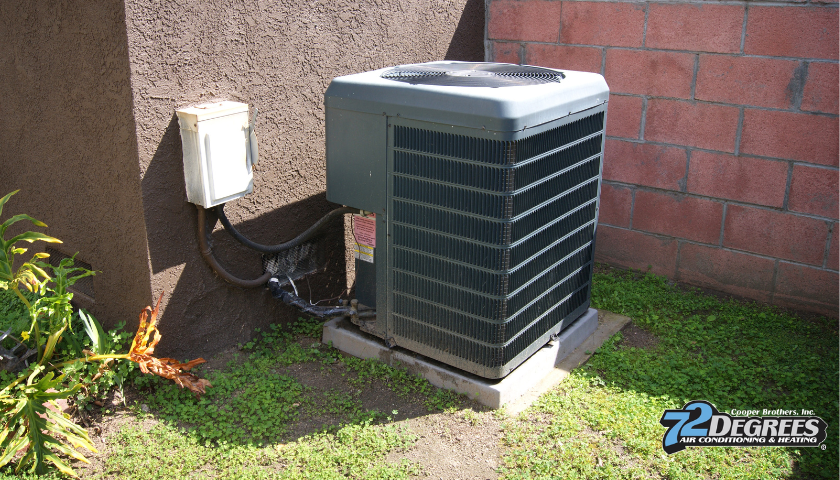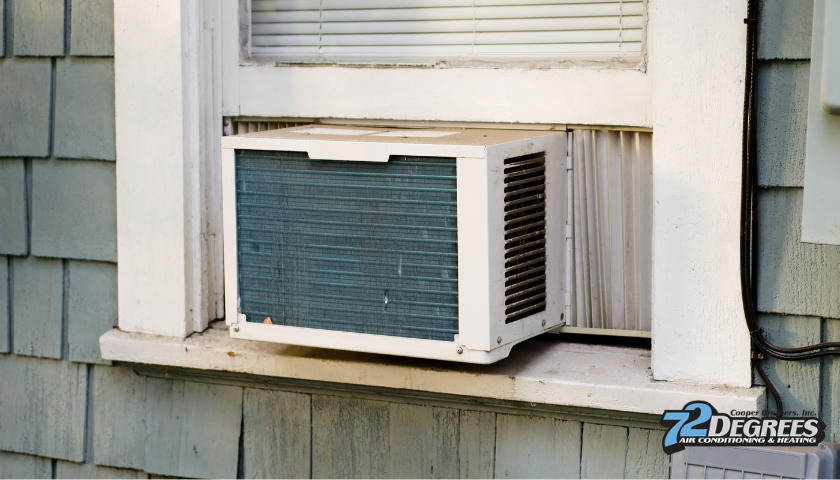How Relative Humidity Affects Indoor Air Quality?
How Relative Humidity Affects Indoor Air Quality?
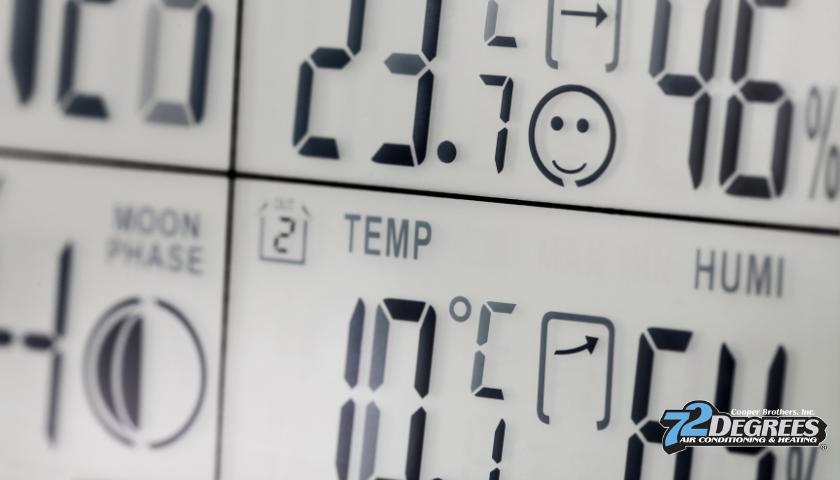
We all know that humidity is vaporized water in the air. Relative humidity refers to the percentage of water vapor in the air at a given temperature, compared with water vapor that the air can hold at that temperature. When the air at a certain temperature has all the water vapor it can hold at that temperature, the relative humidity is said to be 100%. When the relative humidity of a place is too high or too low, it can cause health problems, discomfort and generally a less hygienic atmosphere.
Indoor air quality
Environmental and energy researchers are always studying about the importance of indoor air quality. We all think healthy indoors means adequate ventilation, freshness in the air, control of pollutants and cleanliness. The list does not stop here. One important factor is the humidity levels in the rooms that can be the cause of inadequate hygiene.
The humidity of the air inside the house, if it is not maintained at optimal levels, can be a factor that has adverse effects on the health of the inmates. Maintaining the relative humidity of the air inside the house needs careful attention.
Desired humidity levels
According to reports, the human body is said to be most comfortable when the relative humidity of the area ranges between 20 and 60%. The recommended average relative humidity for your indoors is 30 to 50%, when the outside temperature is 20°F or more. If the indoor relative humidity is above 60%, mold and mildew begin to form, and these can pose quite a problem to the health of the inmates. Eventually, musty odor will start and the indoors will have a clammy feel.
On the other hand, when the relative humidity of the indoors is less than 30%, there is again the risk of health problems. Less than 30% of relative humidity can cause static electricity problems, irritation of the skin and dry eyes. The mucous membranes can start drying, which may reduce the person’s resistance towards upper respiratory illness.
It is important that the inmates perceive ambient temperature based on the relative humidity of the place. In winter, the ambient temperature would be between 69 and 78°F at a relative humidity of 30%. However, in summer, when the relative humidity is 60%, the thermostat will fall between 68 and 75°F.
Ways to improve indoor air quality
As the air remains inside the house longer, pollutants also stay longer. This kind if air infiltration differs from home to home. The air infiltration rates also change with weatherization, type of construction materials, and activities of the occupants. Infiltration rates are measured in air changes per hour (ACH), or the number of times the indoor air is replaced by outside air in an hour. The ACH rates differ from house to house and on daily basis. Usually, it is seen that older houses have ACH that averages from 1 to 2. New homes or older ones that are sealed may have an ACH of 5.
Remember, if the ACH rate is too low, the indoor air quality will be low.
Here are some tips to keep the indoor air quality high:
- Open windows to provide CROSS ventilation and reduction of moisture and odors that normally rise from cooking and bathing.
- Spot ventilation will help in reducing the number of pollutants emitted in a specific area and prevents their movement around the house.
- Use a dehumidifier in summer and a humidifier in winter.
- Use an air-to-air heat exchanger as it will mechanically ventilate and dehumidify houses in places where the climate is cold. These units can be installed as a part of your central cooling and heating systems.
- Use furnace filters. These are coated with a viscous substance that allows the collection of dust, lint and fibers, preventing them from flowing into the room.
The humidity levels in San Jose are quite unpredictable. The relative humidity of this city ranges from a comfortable 38% to a very uncomfortable 98%.

